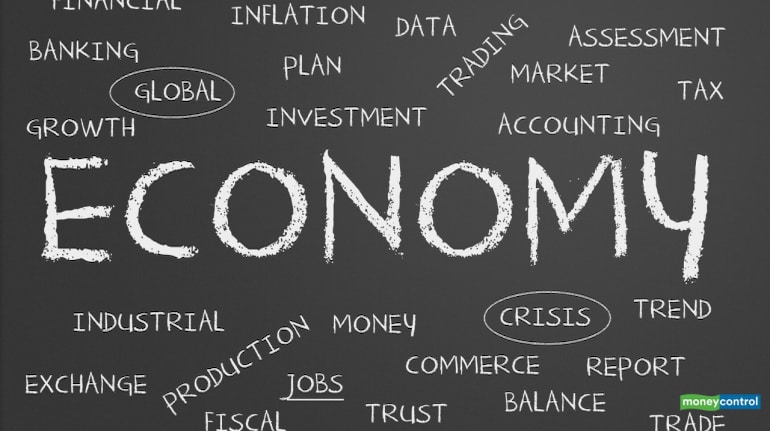



Economists are of the opinion that the next two years in particular are going to be hard on global economies. The current food security crisis, oil price fluctuations and precarious market positions amid the Russia-Ukraine war and China’s sustained lockdown are ringing warning bells, and experts expect stagflation to recession.
Is recession probable?Goldman Sachs estimates 35 percent probability of a recession in the United States in the next two years. It stated that while a recession is “not inevitable”, clients have been constantly asking about what to expect from equities in the event of a recession.
Goldman Sachs is not alone. Morgan Stanley also sees a 25 percent chance of a recession in the next 12 months.
Stagflation a concernUS Treasury Secretary Janet Yellen on May 18 outlined various “threats to the global economy” but thought a “synchronised US, China, Europe recession is unlikely”. She felt that the war in Ukraine and sanctions on Russia have propelled the global food crisis, while slowdown in the Chinese economy is “compounding supply chain difficulties” and pushing up prices.
Yellen said that the Treasury is “closely monitoring Beijing’s policy responses”, adding: “As one of the largest economies, China's economic performance has spillover impact on growth all around the world."
She also highlighted the risk of stagflation: “This is an environment filled with risk, both with respect to inflation and potential slowdowns. The economic outlook globally is challenging and uncertain and higher food and energy prices are having stagflationary effects, namely depressing output and spending and raising inflation all around the world.”
Stagflation occurs when inflation and unemployment are high and economic output is low.
Fed to the rescue?Even as stock markets flounder, experts do not expect the US Federal Reserve to take dramatic measures — at least for now.
When the Fed raised interest rates by 50 basis points (bps) in May, Chair Jerome Powell indicated its future moves would be similar, while looking to manage the bank’s balance sheets. In the immediate term this is expected to be followed, but months down the line a change in stance could be seen at the Federal Open Market Committee’s September 20-21 meeting.
It seems the Fed expected the weakness and has accounted for it till a point, as indicated in Powell’s speech at a Wall Street event on May 17. He was also pleased that markets have priced in future Fed hikes.
“Obviously there are some volatile days in the market. It has been good to see financial markets reacting in advance based on the way we were speaking about the economy and the consequences. Financial conditions overall have tightened significantly. I think you are seeing that. That is what we need,” he said.
(With inputs from Reuters and The Associated Press)Discover the latest Business News, Sensex, and Nifty updates. Obtain Personal Finance insights, tax queries, and expert opinions on Moneycontrol or download the Moneycontrol App to stay updated!
Find the best of Al News in one place, specially curated for you every weekend.
Stay on top of the latest tech trends and biggest startup news.